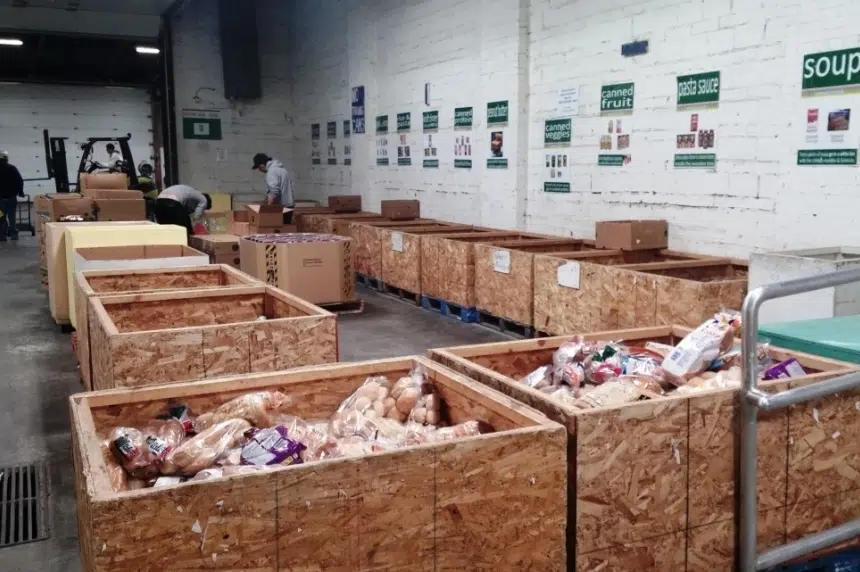By Drew Stremick
Ukraine is known as “the breadbasket of Europe,” and the war in that country is having an impact on the bottom lines of bakeries in Saskatchewan.
The global price of wheat has risen since Russia invaded Ukraine, and now the price of flour in this province has gone up by as much as $10 per bag over the last few weeks.
Ukraine and Russia make up around 30 per cent of the world’s wheat production and as the conflict has continued into its third week, flour prices have risen dramatically in Canada.
Sia Avwally from Nutana Bakery in Saskatoon says continuing to operate has been difficult because with the rise in costs, he has had to increase the prices of some items.
That has led to negative interactions with some customers.
“We have to work hard to keep up because we don’t have a choice,” Avwally said.
As costs rise, smaller businesses are more vulnerable to sticker shock from customers, as a big part of the buying experience is interacting with employees.
The increased costs of groceries like bread due to inflation also impact the most vulnerable in our community, including pensioners, people living with disabilities or those working for minimum wage. They can have their delicate budgets compromised if their costs change by just a few dollars.
Saskatoon Food Bank and Learning Centre executive director Laurie O’Connor expects the number of people in Saskatoon who need a helping hand from the food bank is only going to increase as costs continue to climb.
“Any shock to the economy is going to create a ripple effect, which will definitely impact folks who are the most vulnerable,” she said.
Over the course of the COVID-19 pandemic, the food bank had to make some changes to its operations in order to ensure the safety of its volunteers.
But now with supply chain issues and the rise in inflation, O’Connor says one of the biggest issues she’s concerned about is the potential drop in much-needed support from people and organizations.
One thing the food bank has done to make sure it has a supply of common food items is buying non-perishables in bulk so supply chain issues are minimized.







